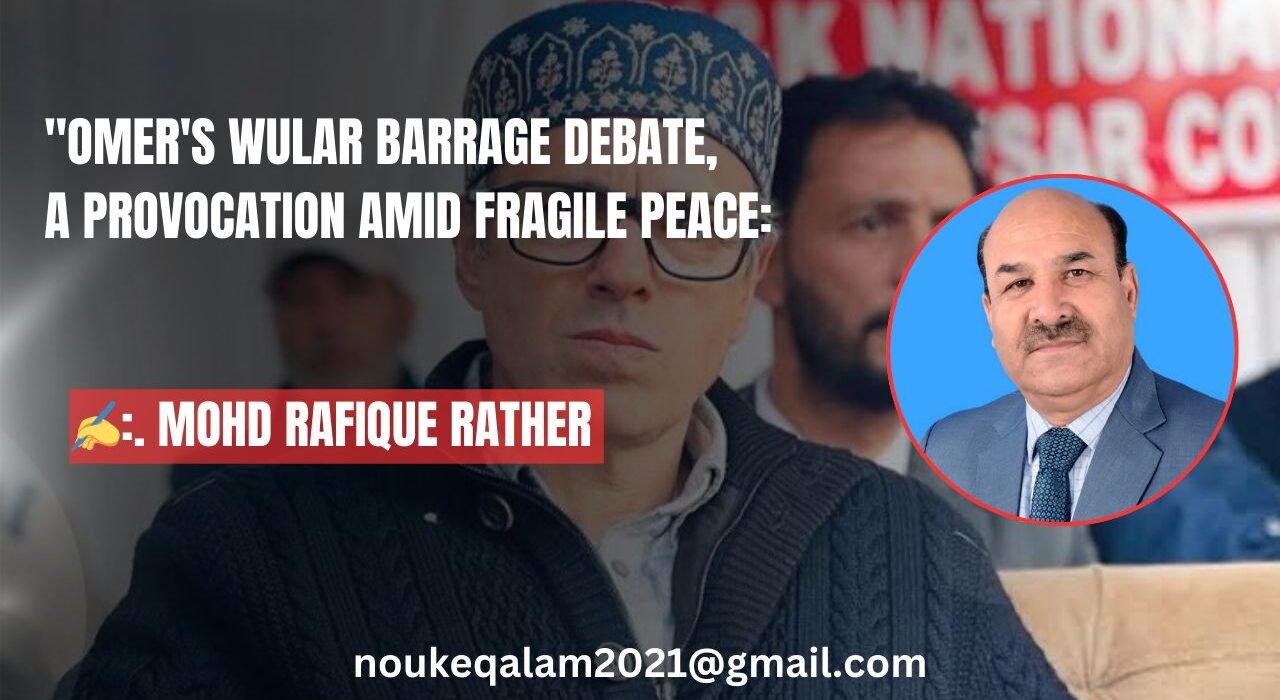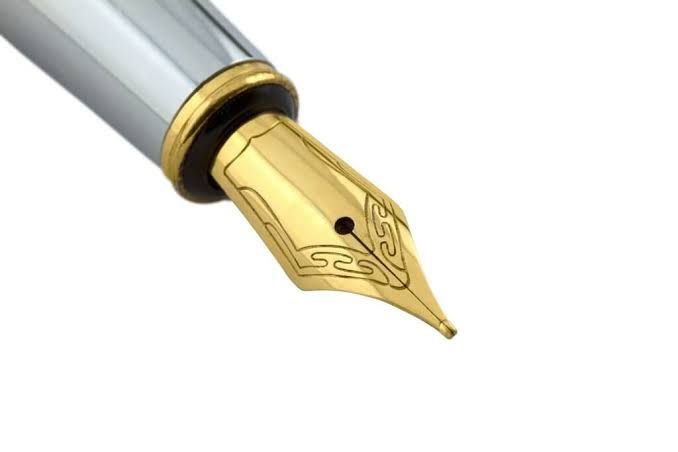A recent statement by Jammu and Kashmir Chief Minister Omar Abdullah regarding the construction of the Wular Barrage has stirred controversy, with many viewing it as a provocative move at a time when a fragile ceasefire has brought a semblance of calm to the region. His remarks have reignited debates around water-sharing agreements, the role of central agencies, and the long-standing political sensitivities in Jammu and Kashmir.
The Wular Barrage, part of the Wular Lake Project, has been contentious for decades. While touted as a flood control and water regulation measure by Indian authorities, its geopolitical and environmental implications cannot be ignored. The barrage is situated near the volatile Line of Control (LoC) and feeds into the Jhelum River, which flows into Pakistan, making it directly relevant to the Indus Waters Treaty (IWT) of 1960.
Signed between India and Pakistan under World Bank mediation, the IWT allocated the three eastern rivers (Ravi, Beas, and Sutlej) to India and the three western rivers (Indus, Jhelum, and Chenab) to Pakistan, with India retaining limited rights for non-consumptive use. The treaty has remarkably withstood multiple wars and hostilities, but its relevance and India’s compliance have been repeatedly questioned, especially in the wake of Pakistan’s alleged misuse of cross-border terrorism as a state policy.
India’s recent decision to “keep the IWT in abeyance” signals a significant departure from its earlier posture. The move is a response to Pakistan’s continued opposition to Indian hydropower projects in Jammu and Kashmir and its international lobbying against India’s internal decisions. Though India has not formally withdrawn from the treaty, the shift in tone suggests a growing willingness to assert control over its share of water resources, especially in strategic regions like Kashmir.
In this context, Omar Abdullah’s advocacy for the Wular Barrage appears poorly timed and politically insensitive. Many see it as undermining the spirit of the ceasefire agreed upon by India and Pakistan in 2021, which has been credited with significantly reducing cross-border violence. Public sentiment in Jammu and Kashmir remains wary of any actions that could trigger instability, especially those seen as aligning with nationalistic posturing rather than local interests.
Mehbooba Mufti, the former Chief Minister and President of the Jammu and Kashmir Peoples Democratic Party (PDP), voiced strong opposition to Abdullah’s remarks. Known for her consistent advocacy of peace with dignity and dialogue with purpose, Mufti emphasized that the people of Jammu and Kashmir deserve lasting peace and development, not policies that deepen distrust or provoke tensions. She also highlighted the issue of seven hydroelectric projects handed over to the National Hydroelectric Power Corporation (NHPC) by then Chief Minister Dr Farooq Abdullah the father of CM Omer Abdullah, raising concerns about the erosion of local ownership and control over natural resources.
The larger issue at hand is the disempowerment of the local populace in decisions that profoundly affect their lives. Projects like the Wular Barrage, cloaked in technical justifications, often bypass meaningful public engagement and environmental assessments. At a time when regional peace remains precarious, such unilateral moves can prove counterproductive.
As India recalibrates its policy on water sharing and infrastructure development in Jammu and Kashmir, it must tread carefully. Strategic assertiveness should not come at the cost of regional stability and public trust—two essential pillars for any lasting peace in the region.
The Author is a former Trade Union leader turned politician
Can be reached at
mrafiqr65@gmail.com






